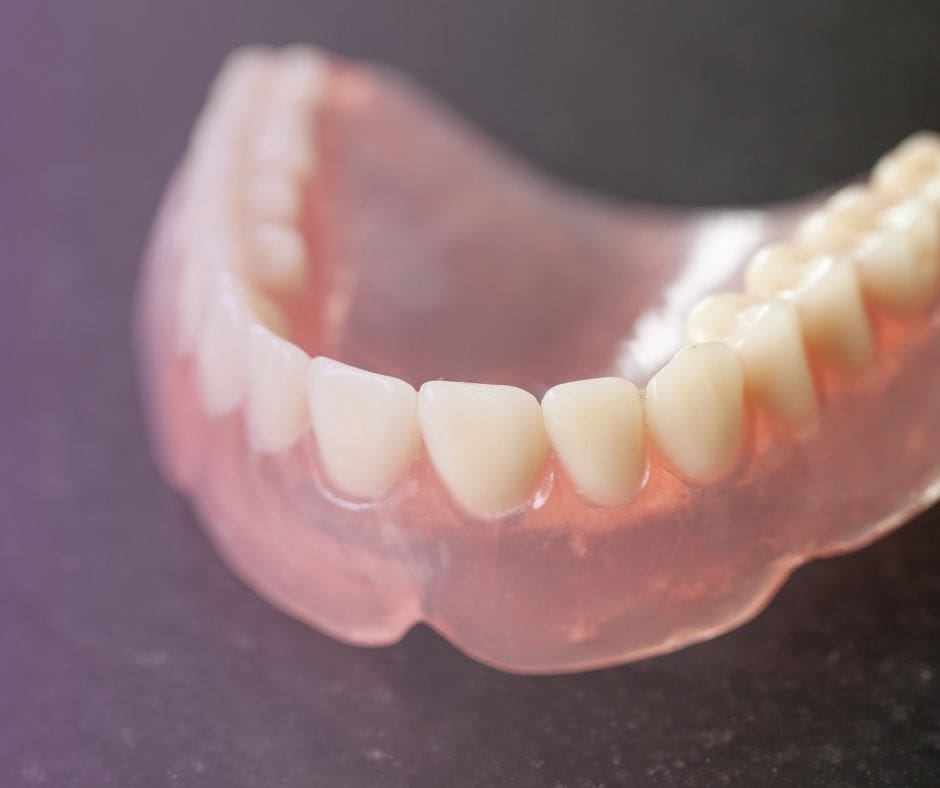Dentures Weymouth MA
If you will need to replace one or more of your teeth, you’ll need to know your treatment options. For years, one of the most common ways of replacing teeth has been dentures. Although alternatives like dental implants have become available recently, not everyone is eligible for them.
What Are Dentures?
Dentures are a type of artificial, replacement teeth. They are helpful in filling in gaps left behind by missing teeth. Dentures generally fall into one of two categories:
- Complete: Complete dentures are used to replace an entire set of teeth.
- Partial: Fills gaps between existing teeth using one or more false teeth.
What Are the Different Types of Dentures?
It wasn’t that long ago that treatment choices for missing teeth were very limited. Fortunately, recent innovations have led to a wide variety of treatment options.
The type of dentures that work best for you depends upon factors like:
- Your budget
- Number of missing teeth
- Your general oral health
- Whether you prefer fixed or removable dentures

Complete Dentures
If all of your original teeth are missing, you may need a complete set of dentures. This means that all of your natural teeth will be replaced with false teeth in both jaws.
Conventional dentures are typically made from acrylic and shaped to fit the jaw after any of your remaining teeth have been removed, and your gums have healed. This can take anywhere between eight and 10 weeks.
Partial Dentures
If some of your teeth are missing, but you have some remaining natural teeth, partial dentures may be right for you. This type is made from a plastic bridge and is retained into place using metal clasps that fit around natural teeth.
Partial dentures are created to match the color of your natural teeth.
Implant-Supported Dentures
This type involves the attachment of dental implants to a complete set of dentures. Either an individual ball attachment or metal bar can be used. Up to six implants can be used, supporting the entire denture.
Implant-Retained Dentures
Also known as “snap-on dentures,” this type involves the attachment of a removable set of dentures to one or more implants. One advantage of this type is that it allows for easy removal and cleaning. It’s also less expensive than dentures requiring more implants.
This is just a partial list of the types of dentures that are available. Consult with your dentist who can recommend the most appropriate type for your individual situation.
What To Expect
Getting dentures is a fairly straightforward process. Here is what to expect.
Consultation
You will first meet with your dentist for an examination. They will recommend the best treatment choice for your individual case.
Dentures Creation
Your dentist will create a mold of your teeth to ensure that your new dentures fit as precisely as possible. A dental lab will take all of the information about your teeth and actually create your new dentures.
Dentures Fitting
Once we receive your dentures back from the lab, you will return for a fitting appointment. We will ensure that your new dentures do not cause any pain or other problems. Any adjustments to your dentures can be made at this appointment.
How To Care for Your Dentures
Your dentures will need to be cleaned daily by brushing them. You can also soak them in a denture cleaning solution.
